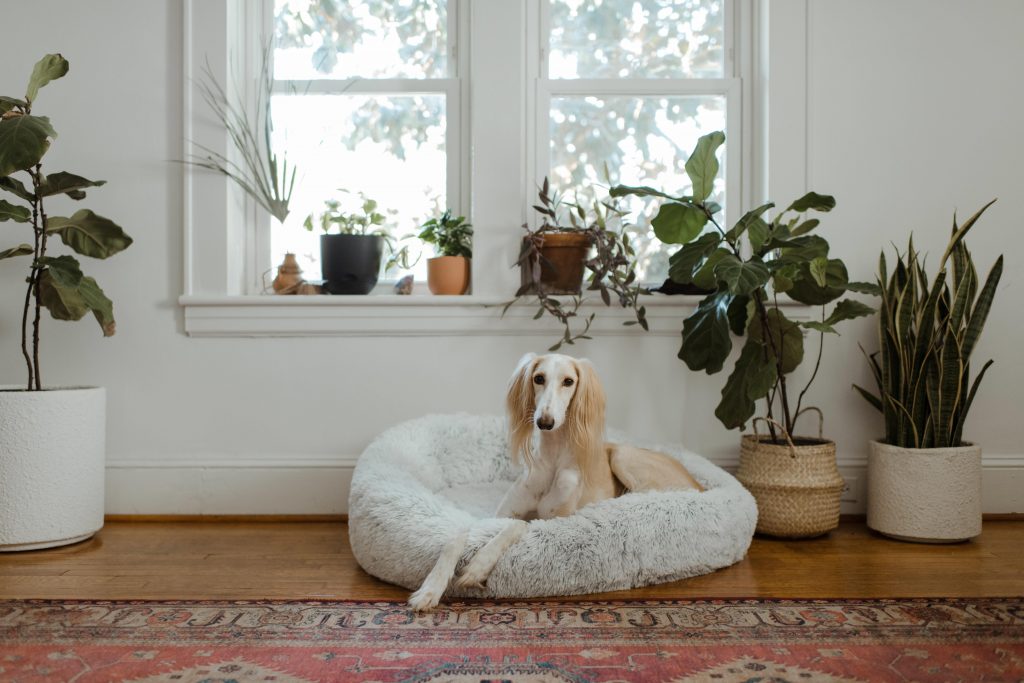The post aims to provide dog owners with practical tips and strategies for managing their dog’s barking behavior in response to every little noise. The post will discuss the reasons why dogs may bark at slight noises, the negative effects of excessive barking, and how to train and manage the behavior using positive reinforcement techniques.

If your dog barks at every little noise they hear, it can be incredibly frustrating for you as an owner. Not only can it be disruptive to your household and neighbors, but it can also indicate that your dog is anxious or scared. Fortunately, there are several tips and strategies you can use to help manage your dog’s behavior and reduce its barking.
1. Identify the Triggers:
The first step in managing your dog’s barking is to identify what triggers their barking. Is it a car passing by? A squirrel in the yard? A gust of wind? Once you know what sets your dog off, you can begin to desensitize them to those triggers.
2. Teach “Quiet” Command:
One of the most effective ways to reduce barking is to teach your dog the “quiet” command. Start by saying “quiet” when your dog is barking, then reward them with a treat when they stop barking. With enough practice, your dog will learn to associate the command with stopping barking.
3. Provide Plenty of Exercises and Mental Stimulation:
Dogs that are bored or under-exercised are more likely to bark at every little noise they hear. Make sure your dog is getting plenty of exercise and mental stimulation every day, through walks, playtime, and training sessions.
4. Use Positive Reinforcement:
When your dog is quiet and calm, be sure to reward them with treats and praise. Positive reinforcement can be a powerful tool in reducing barking behavior.
5. Consider Professional Training:
If your dog’s barking behavior is persistent and difficult to manage on your own, consider seeking the help of a professional dog trainer. They can work with you and your dog to identify the underlying cause of the barking and develop a customized training plan.
Conclusion:
Managing a dog that barks at every little noise can be challenging, but with patience and persistence, you can help your dog learn to be calmer and more relaxed. Remember to be consistent in your training efforts and provide plenty of exercises and mental stimulation to keep your dog happy and healthy.
If you have any further questions or concerns about your dog’s barking behavior, feel free to chat with us on our website. Our team of experts is always here to help!

Frequently Asked Questions:
Why does my dog bark at every little noise?
Dogs may bark at every little noise due to anxiety, fear, territorial instincts, boredom, or simply because they have learned that barking gets attention.
How can I teach my dog to stop barking at every little noise?
Teaching your dog the “quiet” command, providing positive reinforcement for good behavior, and ensuring that your dog gets enough exercise and mental stimulation can help stop excessive barking.
What are some other strategies for managing my dog’s barking behavior?
Other strategies include desensitization and counter-conditioning, identifying and addressing the underlying cause of the barking, and using tools such as white noise machines or calming aids.
Should I consider professional training or behavior modification for my dog’s barking behavior?
If your dog’s barking behavior is causing significant disruption or distress, professional training or behavior modification may be necessary. It is important to consult with a qualified dog trainer or behaviorist to develop a personalized plan for managing your dog’s behavior.
Can medication be used to treat my dog’s excessive barking behavior?
In some cases, medication may be recommended by a veterinarian or behaviorist to address underlying anxiety or other behavioral issues that may be causing excessive barking. However, medication should always be used under the guidance of a qualified professional.



